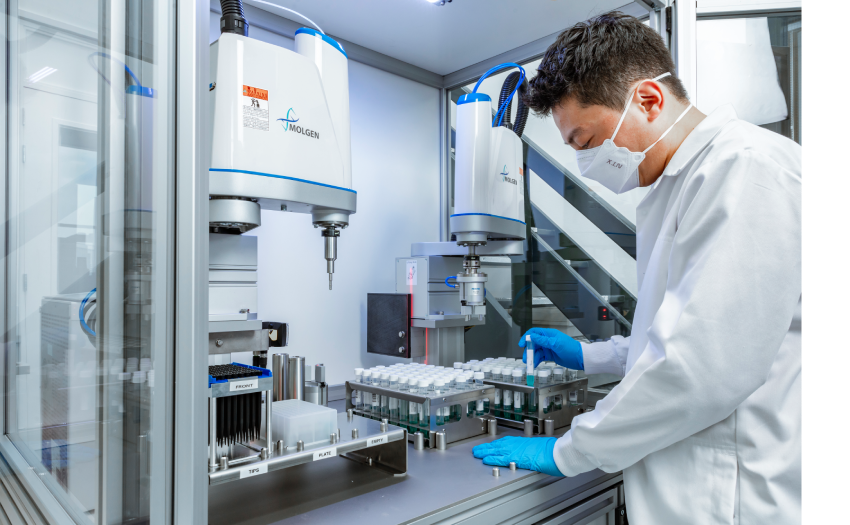Reports: BASF Says No to Acquiring FMC (For Now)
It has been long held that FMC Corp., whose products include agricultural pesticides, biopolymers, nutritional products and lithium, was a takeover target of a larger player in the agricultural market, according to an article on SeekingAlpha.com. A takeover of FMC has become more likely as the company has transformed away from lower growth commodity businesses and toward higher-growth businesses. With most major agricultural chemical/seeds companies attempting to merge, it is without question that FMC’s takeover potential remains intact whether regulators approve the multiple mergers among many of the largest companies in the agricultural industry.
With such background in mind, it should come as no surprise that recent financial media reports indicated that the German company BASF considered acquiring FMC over the past year. In late March 2017, news came out that BASF was thinking of acquiring FMC to gain access into the generic pesticides business, but the company held off on any plan to acquire FMC near-term as it will look for opportunities to acquire assets spun off by major agricultural companies attempting to gain approval of their pending mergers. To remind readers, such pending agricultural company mergers include: 1) Bayer AG’s acquisition of Monsanto; 2) a merger between DuPont and Dow Chemical whereby the merged companies would split into three separate companies; and 3) China National Chemical Corp.’s acquisition of Syngenta.
According to media reports, executives from BASF have been discussing how they should respond to the three above-noted pending large-scale agriculture company mergers given that BASF is the lone major agricultural company not involved in a merger or acquisition. One option BASF discussed was the acquisition of FMC. Although BASF seriously considered an acquisition of FMC, the company felt that it should put the idea of such an acquisition on the back burner until they could consider the billions of dollars in assets to be put up for sale by the above-noted merging companies to overcome European and U.S. antitrust regulatory concerns.
In other words, BASF will consider the purchase of cast off assets from the three mergers noted above and then revisit the idea of acquiring FMC. BASF, similar to its major crop protection competitors, has a general strategy of developing innovative patent-protected compounds that can be sold at premium prices. Commentators have noted that an acquisition of FMC by BASF would make sense since cheaper pesticides with lapsed patent protection would achieve quicker market penetration into emerging markets such as Africa and China, where the majority of farmers cannot afford cutting edge premium priced crop chemicals. For example, patent-protected agricultural products can cost tens times more than off-patent products. FMC, mainly uses off-patent active ingredients or acquires the rights to novel substances and focuses on improving applications (identifying new crops or regions) for a compound.
FMC did not comment on any potential overtures from BASF, while BASF indicated that it was continuously evaluating acquisitions and/or divestitures to improve its product portfolio. Not only would an acquisition of FMC allow BASF to push further into the off-patent pesticides market, the company would also gain from FMC’s market insight to better understand industry trends of bypassing wholesale trade and selling directly to growers with the help of digital tools.
In addition, FMC’s sales to farmers would allow BASF to spread the costs of new direct-marketing channels across a broader revenue base. An acquisition of FMC would not come cheap, however, as BASF would have to pay a sizeable premium above FMC’s near $8 billion market capitalization. By acquiring FMC, however, BASF’s entry into generic agricultural chemicals would serve as a strategy alternative to the above-noted merging companies, which are merging seed and crop protection product offerings. To date, BASF has avoided acquiring seed assets and pursued research into plant characteristics such as drought tolerance, which it sells or licenses out to seed breeders. Although BASF has refrained from announcing a significant acquisition, analysts and investors remain concerned that the company will not be adequately able to compete with the merged companies identified above.






